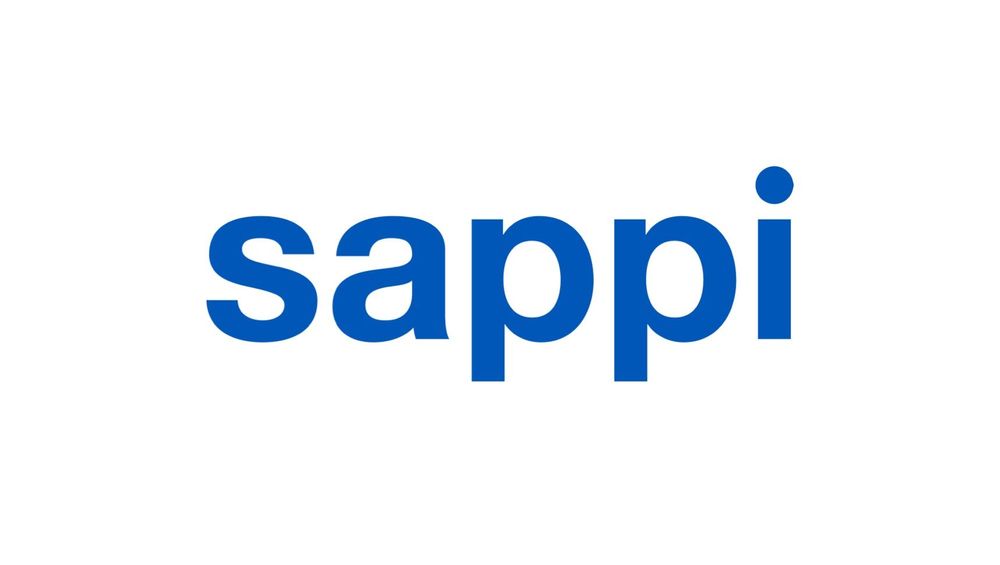How Union Employees Keep Sappi Safety-Focused and Successful
Union employees work to make Sappi a successful, safety-focused company
“We are all in it together,” says Jay Arnston, fiberline control room operator and president of the USW Local Chapter 11-63 at the Cloquet Mill. “It wasn’t always that way,” he says, describing his many years of union involvement with Sappi and previous owners of the mill. “But we’ve come a long way. There is a lot more transparency, and we are informed about a lot of the decision making.”
Loren Manty, President of the NCF&O Local 939, agrees: “The whole union role has changed. We realized we both need each other, and we are working on the same side. We still have differences, but we can sit down, talk, and figure out what’s right. It is beneficial all the way around.”
Loren also says there is no greater example of this cooperation than in the safety approach at Cloquet. “With Sappi, it is obvious that safety is the number one goal. We do it all together. There is no difference in hierarchy regarding safety.”
“The culture has shifted,” he continues. “In the past, people were scared to ripple the water. Now we are empowered for safety. If you see a minor accident, make it so it never happens again. We have torn down a wall between us and them.”
Jay also lauds the safety effort at Cloquet. “We have team safety leads for all shifts,” he says. “There is more engagement. We have two hourlies, a safety liaison, and an industrial hygienist working full time on safety. We are empowered to do our own thing; safety is a constant work in progress. We have a Safety Leadership Council, both hourly and salaried employees, that meets monthly to create and sustain safety standards. It is a great thing.”
Safety is a major part of the sustainability emphasis at Sappi, but Jay notes other aspects of Sappi’s sustainability program that are important to him: “The mill has been in Cloquet for more than 100 years and has shaped the culture of the community. The company and union support many different events with lots of volunteers. The company provides great jobs in a region where opportunities are limited.”
“What the company has done for the environment is a remarkable story,” Jay continues. “Ninety-five percent of our energy used is renewable, and we can sell this renewable energy back to the grid. Stack testing is going on all the time. The river is now clean.” He concludes: “Cloquet is a model for the industry.”
Both Jay and Loren believe that Sappi is making the right moves and investments to keep the Cloquet Mill sustainable well into the future. According to Loren, “For the past four years union leaders have participated in higher-end budget meetings. Workers appreciate this transparency. And from this, it is apparent that the company has made smart decisions on diversifying the product line. They are investing in Cloquet because they are planning to stick around.”
The union leaders credit the company for their openness and the workers for demonstrating their ability to get things done. Jay says, “I attribute the mill’s success to our people,” and cites Project Athena, which enabled the pulp mill to swing between dissolving wood pulp and kraft pulp, as an example of the workers’ demonstrated ability to take on and deliver on time and under budget.
In turn, Tom Radovich, Managing Director of the Cloquet Mill, credits the healthy partnership with the unions for helping make Cloquet a stronger, safer, more productive mill. “We’ve earned each other’s trust over the years,” he says, “and it is important that all employees understand how their work aligns and supports our ultimate mission, a globally competitive, sustainable mill. I appreciate the commitment that Loren and Jay have brought to their leadership roles.”
Read more from Sappi North America's 2019 Sustainability Report here.



